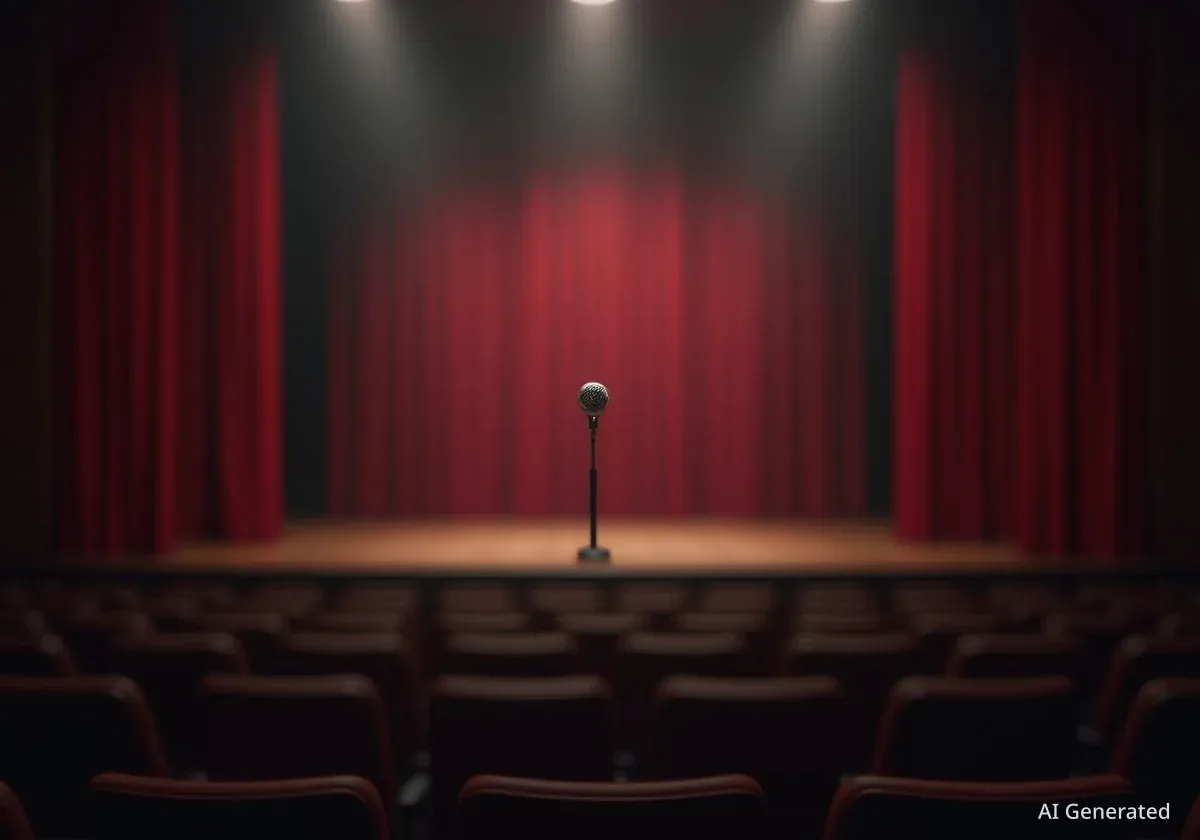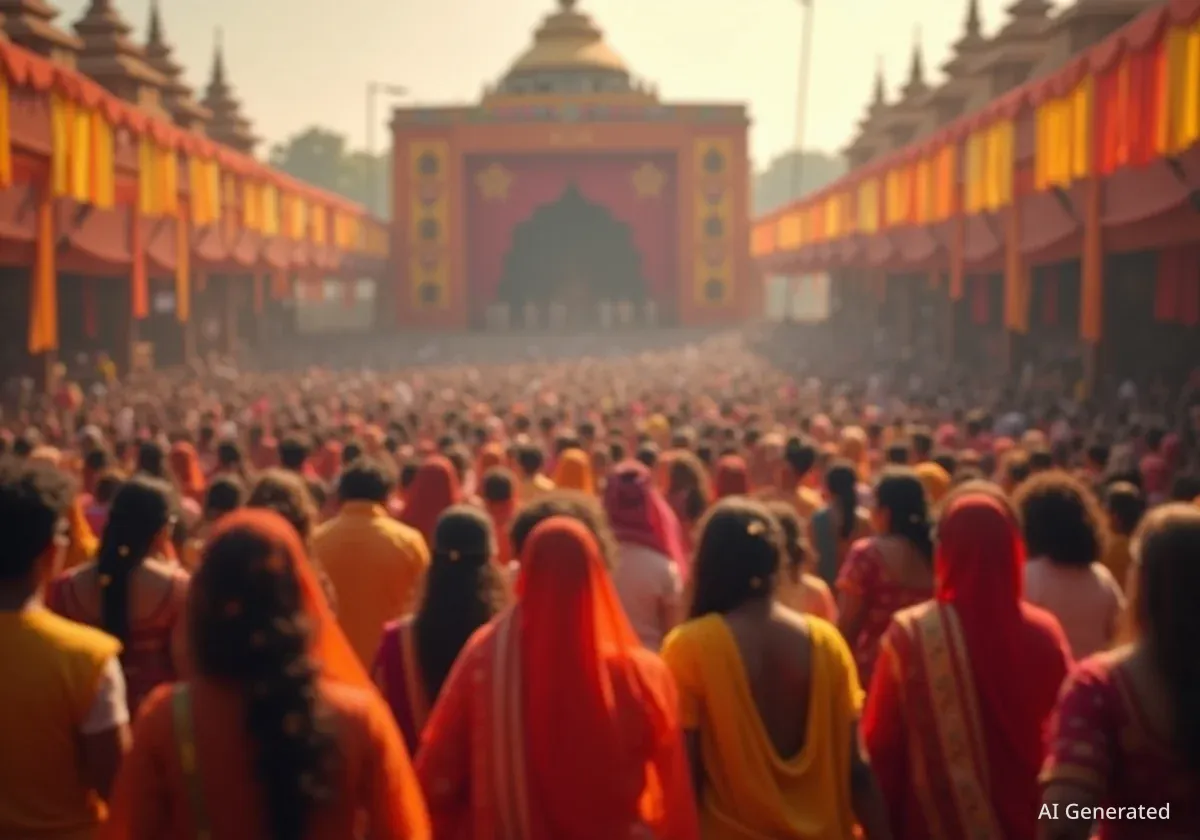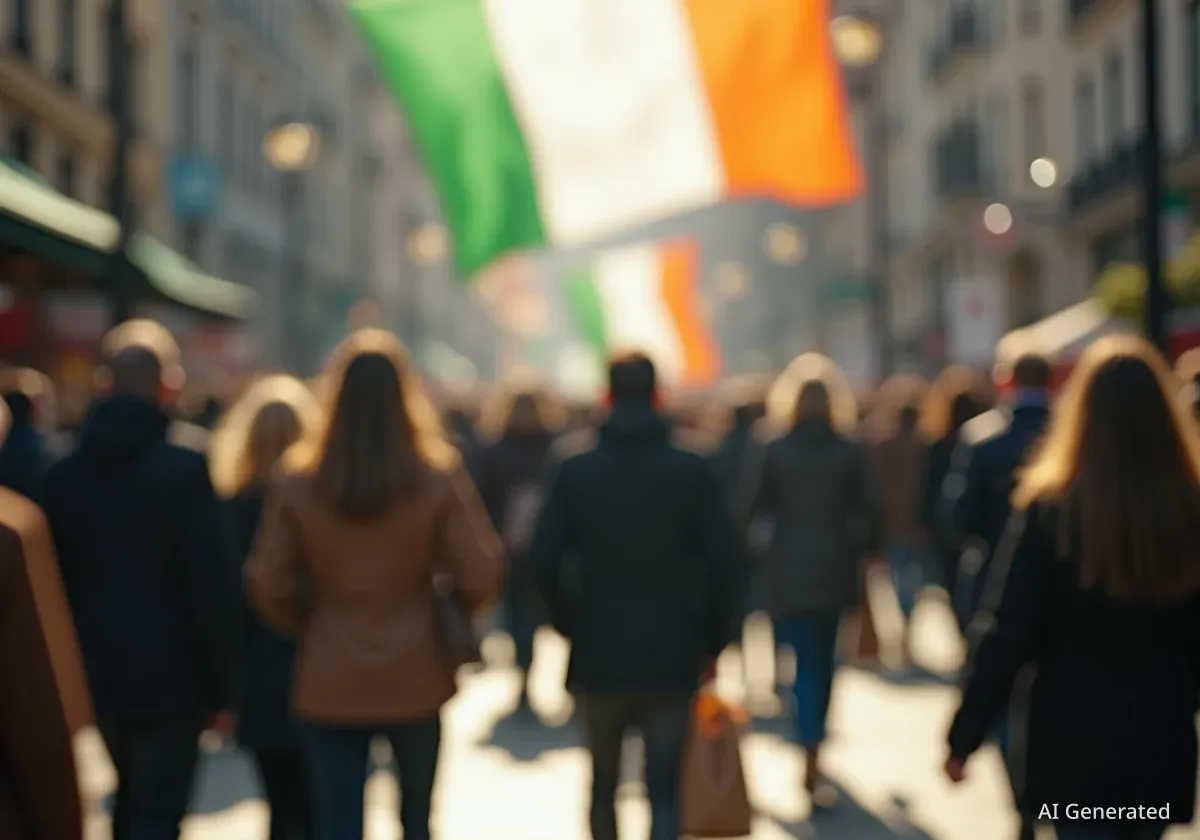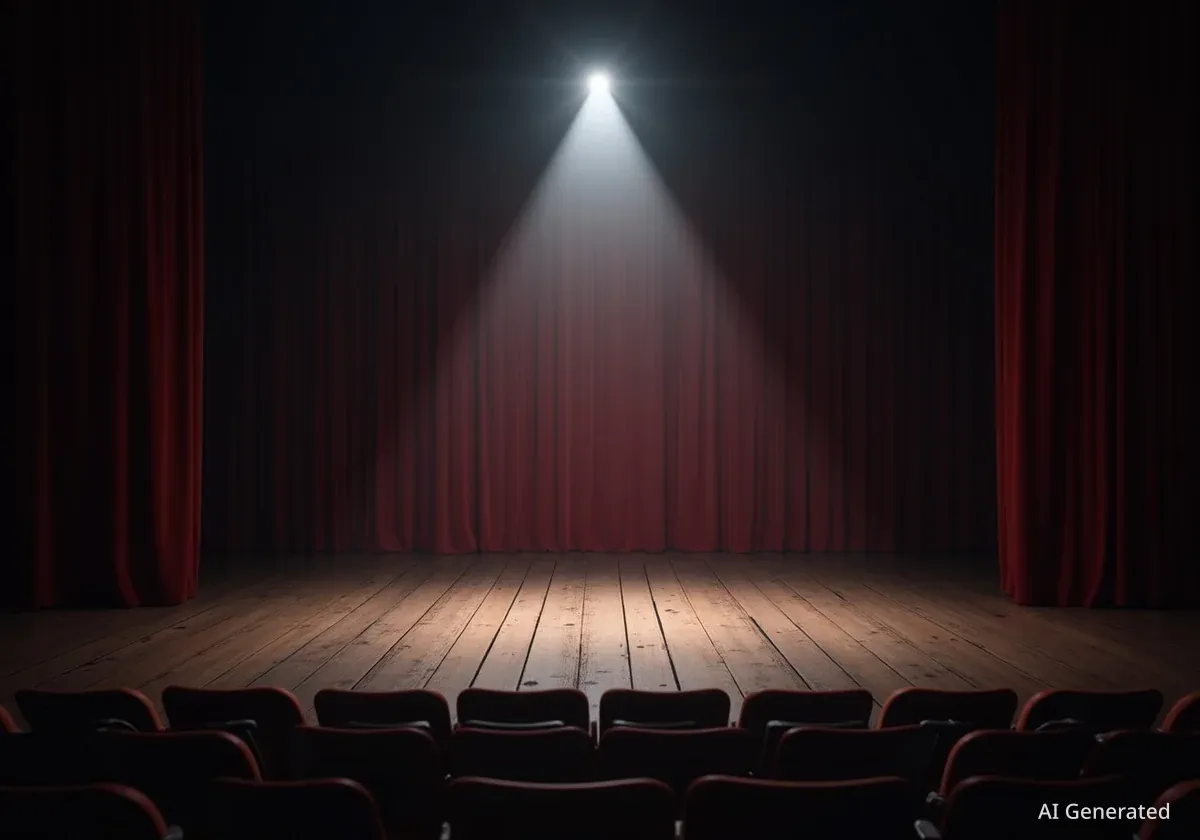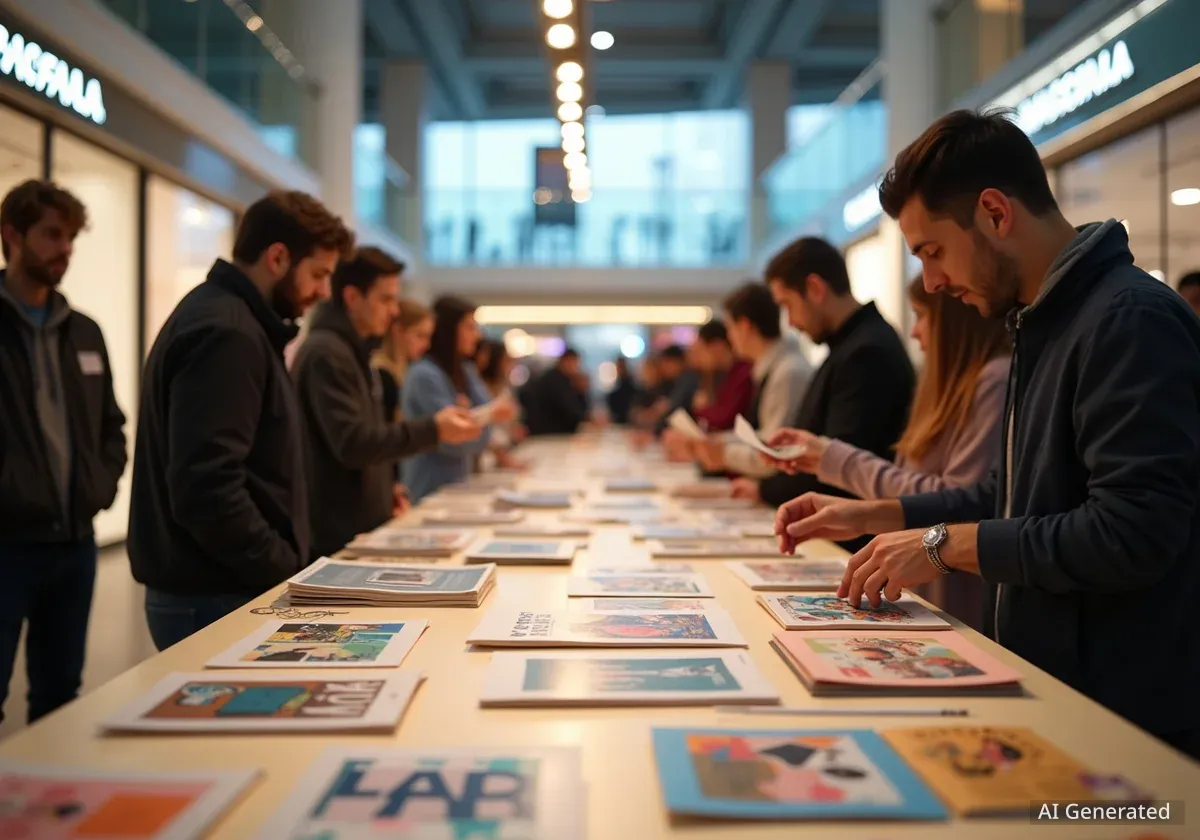Over a century ago, a pioneering group of Black musicians known as the Southern Syncopated Orchestra arrived in Liverpool, introducing a revolutionary sound that has since been lost to time. Despite their significant impact on the city's cultural scene in the 1920s, no known recordings of their music survive, leaving their story largely untold until now.
A new stage production at the Liverpool Everyman & Playhouse is now uncovering this hidden history, exploring the legacy of an orchestra that played a crucial role in bringing jazz to the United Kingdom.
Key Takeaways
- The Southern Syncopated Orchestra (SSO), a groundbreaking group of Black American musicians, toured the UK from 1919.
- They performed in Liverpool in 1920, a pivotal period where the band experienced significant internal conflict and ultimately split.
- Despite their influence, no recordings of the SSO's unique sound are known to exist, causing their story to be largely forgotten.
- A new play, 'Syncopated', co-produced by Liverpool Everyman & Playhouse, is bringing the orchestra's history to a modern audience.
A Pioneering Sound Arrives in Britain
The Southern Syncopated Orchestra first arrived in the United Kingdom from the United States in 1919. Hailed as the "original jazz pioneers," they brought with them a sound that was entirely new to British audiences.
The group was not a typical band but a large-scale orchestra. Their unique instrumentation included a variety of plucked string instruments like banjos and mandolins, alongside a saxophone section, a drum kit, and brass instruments. This combination created a sound that was unlike anything heard in the country at the time.
Professor Catherine Tackley of the University of Liverpool, who has researched the orchestra for over 25 years, highlights their mission to present Black culture in a new light. "I think what they were trying to do was put a more positive spin on putting blackness on stage," she explained. "It wasn't all to do with stereotype."
A Diverse Repertoire
The orchestra's performances were not limited to one genre. Alongside spirituals and blues, they also played classical pieces by composers such as Vivaldi and Brahms, demonstrating a wide-ranging musical heritage.
The Orchestra's Liverpool Connection
While the SSO initially focused on London's entertainment scene, they returned to perform in Liverpool in 1920. This period proved to be a critical and ultimately fractured moment for the ensemble. According to Professor Tackley's research, internal disagreements over finances and ownership came to a head in the city.
"That was actually the moment that the band broke up unfortunately. There were a lot of disagreements going on... I've read all the details of the court case," Professor Tackley stated.
The conflict resulted in the orchestra splitting into two factions. One half returned to London, while the other half remained in Liverpool, facing an uncertain future. Despite this turmoil, the group's presence was noted in the local press, with advertisements for their performances appearing in publications like the Liverpool Daily Post & Mercury.
A Legacy Without Recordings
One of the most significant challenges in preserving the SSO's legacy is the complete absence of any known audio recordings. In an era where history is often documented through sound, their story has been difficult to fully appreciate or share.
"When we tell stories about popular music history, we're very dependent on recordings. So for people that haven't got recordings, they kind of get missed out a little bit," Professor Tackley noted. She believes their unique sound must have been "incredible," adding, "There's been nothing like it since, really."
Reviving History on the Stage
To bridge this historical gap, a new play titled Syncopated is bringing the orchestra's story to life. Co-produced by Liverpool Everyman & Playhouse and Talawa Theatre Company, the production follows a modern-day music student and a young Liverpudlian as they uncover the SSO's forgotten history.
Written by Varaidzo and directed by Tian Glasgow, the play uses a creative narrative to imagine the past. The story is guided by historical figures and explores the revolutionary Black sound that captivated the world. The production stars Joseph Munroe-Robinson and Teddy Oyediran.
Creative Storytelling
Director Tian Glasgow explained that the play blends fact with fiction. One character is based on a real person, holding firm to historical accuracy, while the other, a fictional character, seeks a more romanticized version of events. This dynamic allows the play to explore the past while imagining the sounds and emotions that recordings cannot convey.
Glasgow emphasized the challenge and importance of recreating an era without audio references. "It was that combination of transporting people back to that style of music, but we couldn't find the actual sound of it," he said. The team conducted extensive research into 1920s Liverpool, studying the culture, fashion, and even the local accent to create an authentic experience.
The Enduring Power of Music
The play Syncopated not only aims to educate audiences about the Southern Syncopated Orchestra but also to explore the deeper meaning of music as a connection to heritage and history. For the creators, the story resonates with contemporary themes of identity and cultural memory.
"There's this grander scale of what music means to them," Glasgow remarked. "It is this thing where like music can connect you with the history, connect you with ancestors and the sort of magical power music can have."
By using imagination and theatrical storytelling, the production breathes life into a story that was almost erased. It serves as a reminder of Liverpool's rich, multicultural history and the pioneering artists who, despite being largely forgotten, helped shape the city's soundscape. The play ran until Saturday, October 4.
